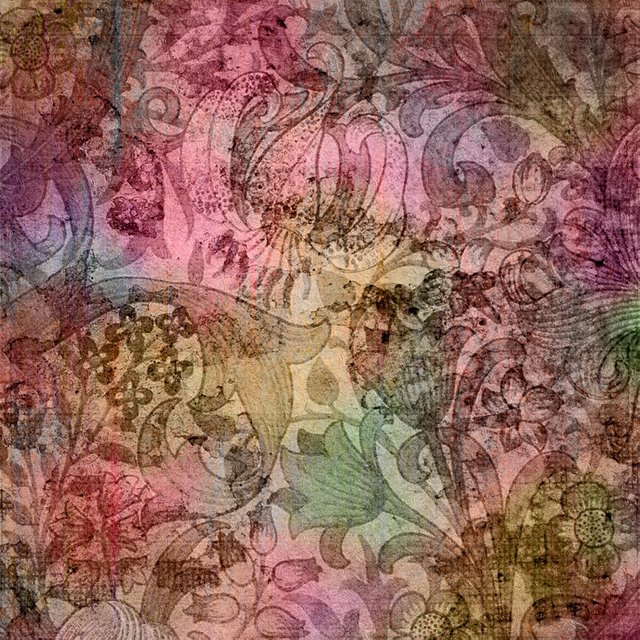
Last August, in a post, I told about the ridiculous story of a famous restaurant in Milan that had used for an event that was organizing the name and poster of another similar event organized earlier by another venue. This was then resolved in a positive way with apologies and the removal of what had been plagued.
a day ago, however, I come across a very similar situation: Dario Bressanini, a chemist, writer and one of the most important Italian scientific spreaders, writes a post on his Facebook bulletin board in which he accuses an Italian chain of supermarkets of plagiarising an Italian supermarket by pointing out how they have plagiarized one of his posts within their site.
The post to which the writer refers dates back to October 2007 and is entitled "The secret of a good steak (but not only) is called Maillard" and is a text in which the author recounts and explains in a very precise way how it is possible to exploit in the kitchen the "Reaction of Maillard", the result of a study carried out by the French doctor Louise Camille Maillard and that was first described in 1912.
Moreover, since this reaction is very suitable in meat cooking, it is also treated starting from page 82 of the last book by Bressanini,"The Science of Meat", published this year.
The day after the post, the supermarket company "Superdi and IperDi" defends the article of its own page (you can find a copy of it in the Web Archive) with a rather interesting commentary, which is then modified a few hours later and which states that the two articles "are not self-certified" also because this method of cooking meat is very well known. But it was the change in the response, made 4 hours after the first version, that struck me a lot.
In the first version, in fact, SuperDì and IperDi's commentary highlights how other pages on the web have been plagiarizing the text (quoting the website www.plagium.com as a control tool), but not them.
In fact, the two texts are not perfectly identical and that is why, as a contact intelligently points out, the verification site did not report plagiarism from the post of the supermarket chain. The same contact, moreover, contains two fragments of text taken from the company's article and that of Bressanini and, reading them, it becomes very difficult not to think of a plagiarism. The original article, in fact, uses a very specific term, i. e."wringing" that comes from an analogy with towels. The article of the chain uses the same identical term, without explaining why of that choice, but then using well or badly the same concepts of the original post fragment.
Dario Bressanini himself, then, intervenes underlining how even if with a slightly different form,"The dot structure is identical and the rest is everything either a summary or a paraphrase or a direct copy. And to confirm this statement he also placed the comparison between some fragments of his original post with those of the post of the supermarket chain and, reading them, the similarities are incredible. The concepts are expressed in the same sequence and with the same notes, including, for example, suggestions on how to exploit the "product" of Maillard's reaction: both suggest using water, wine or beer or juices to generate "steak juice" (as Bressanini calls it) or "steak nectar" as the supermarket website calls it.
And it is precisely after these answers to the comment of the supermarket company, the text of the "defense" is modified by removing all the part related to the plagiarism verified with the appropriate site.
I honestly do not know how this is going on, but I assume that the company has contacted Dario Bressanini to try to resolve this situation.
It is certain that once again there is a practice that is always very (too much) widespread on the net, that is plagiarism.
As pointed out also by Dario in one of the comments, the fact that a thing is online does not mean that everyone can take it freely and if they do it would be at least correct, respectful, polite... in short, it would be civilized to report (with a link) the original source, perhaps checking first whether this is lawful or not. Apart from some cases, nobody prevents the use of texts from other sites, but before doing so you should contact the author to ask for permission, indicating the type of use.
And trying to disguise plagiarism by slightly modifying the article, perhaps changing its grammatical form and using synonyms cannot be the way to circumvent a rule.
On the contrary.
In 1984 during an interview in 1984, a famous marketkeeper (such as Steve Jobs) said "the good artists copy, the big ones steal". That same lost
Your post was found in violation of our TOS and was unvoted to combat spam and abuse on steem.
According to our TOS, we do not offer refunds, since unvoting does not give us the voting power back.
Downvoting a post can decrease pending rewards and make it less visible. Common reasons:
Submit